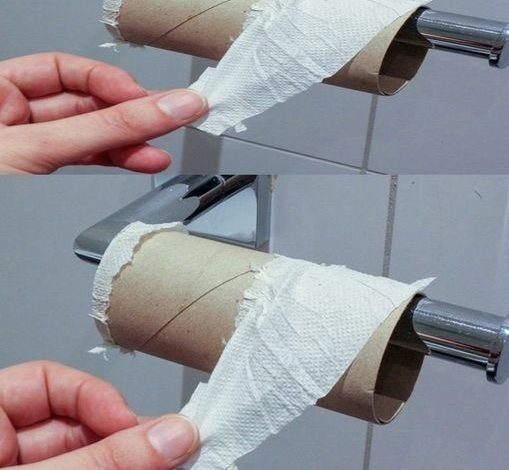Many people are already making the switch. Bidets, popular in many parts of Europe and Asia, clean effectively with a simple stream of water, dramatically reducing or eliminating the need for toilet paper. Others are turning to washable cloth wipes that can be reused, cutting waste to nearly nothing. Bamboo and recycled paper rolls offer additional options, using fast-growing plants or repurposed materials that have a lower environmental cost. Health worries are also prompting change, as traditional toilet paper often contains bleach, fragrances, and dyes that can irritate skin or trigger allergic reactions. This has led some to seek out chemical-free, unbleached, or organic alternatives made from recycled paper or bamboo, which are gentler and still safe for plumbing. Although standard toilet paper remains common in homes and public restrooms, the rise of eco-friendly and health-conscious options is slowly shifting the norm. It’s possible that in the future, traditional toilet paper could become more of a specialty product, while greener and water-based solutions take the lead. Whether it fades away entirely or evolves into a cleaner version of itself, one thing is clear—our most basic hygiene habit is being reimagined, and what we reach for next might be something completely different.
Is toilet paper coming to an end? It may soon take the place of our regular rolls

